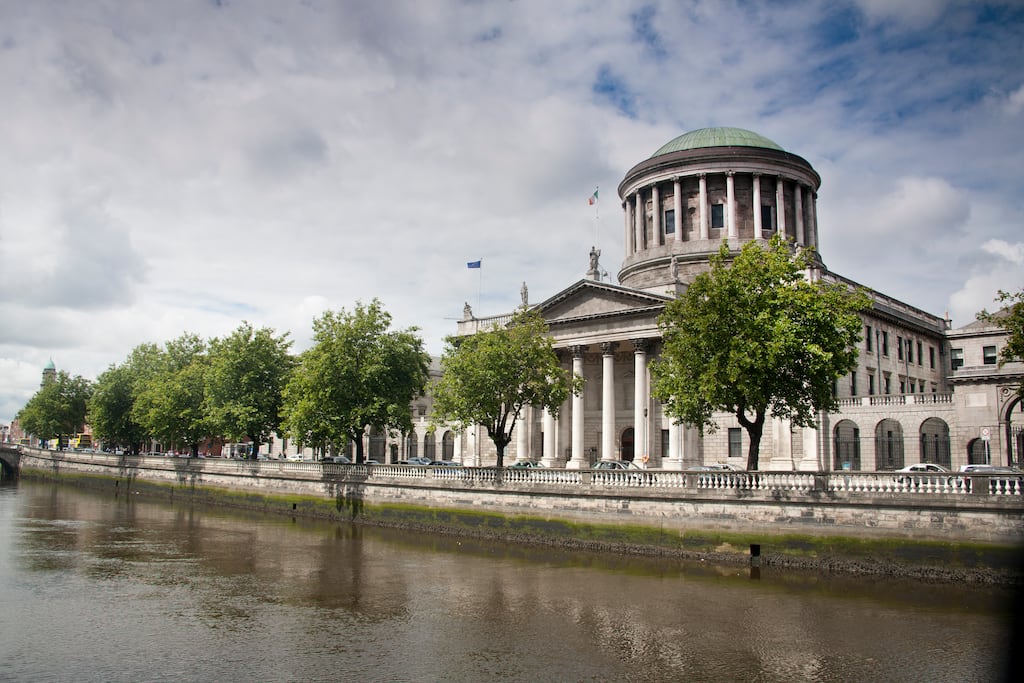The Court of Appeal has dismissed an appeal by a motorway toll concessionaire to a finding that it is not entitled to “special ratings benefits” in relation to payments to Transport Infrastructure Ireland (TII) concerning tolls paid by drivers using the Kinnegad bypass on the N4/N6 motorway.
Eurolink Motorway Operation Ltd (Eurolink) asked the High Court to decide legal issues concerning “revenue share” payments it is obliged to remit to TII under a public-private partnership agreement (PPP) made under the Roads Act of 1993.
The motorway was built by Eurolink and the PPP obliges Eurolink to maintain it. Eurolink does not occupy the tolled section of motorway but it has exclusive toll rights.
The Valuation Tribunal made rateable valuations of €6.3 million and €2.1 million ascribed to tolls on the M4 motorway.
READ MORE
In February 2021 Mr Justice Alexander Owens upheld key findings of the Valuation Tribunal concerning Eurolink’s payment obligations under the PPP.
The judge said it the Oireachtas did not intend, when enacting provisions of the Roads Act allowing road authorities to grant concessions of their tolls, to give “special ratings benefits” to toll concessionaires.
The primary issue he had to decide was whether, because the rights of Eurolink to the tolls are derived from the PPP made under the Roads Act, the revenue share must be treated as a statutory “working expense” of the receipts and expenditure (R&E) method of valuation, he said.
The tribunal, he ruled, had not erred in law in concluding that an annual estimate of the revenue share is not deductible in calculating the net annual value of the tolls using the R&E valuation method.
He rejected the submission that the tolls should be treated differently because Eurolink had made a commitment to pay the revenue share as part of a contract with a public law element.
Eurolink appealed his ruling to the Court of Appeal, arguing, among other things, that the revenue share was necessary to maintain the right to collect tolls. The revenue share, it submitted, constitutes a limitation, arising from law, on Eurolink’s capacity to earn from its right to collect tolls.
On Friday the three-judge Court of Appeal unanimously upheld the High Court’s findings.
In a judgment on behalf of the court, Mr Justice Robert Haughton said Eurolink failed to convince the court that the revenue share is integral to its right to collect tolls.
The court was not persuaded that the revenue share obligation to TII is a mechanism to prevent Eurolink making “super profits” and that this should be considered by the tribunal when calculating the net annual value.
Eurolink’s contention that the revenue share is deductible as a payment necessary to maintain the tolls or that it is otherwise deductible from gross receipts under the R&E method was also not persuasive to the court.
The court, which also included Mr Justice David Barniville and Mr Justice Maurice Collins, dismissed the appeal.








